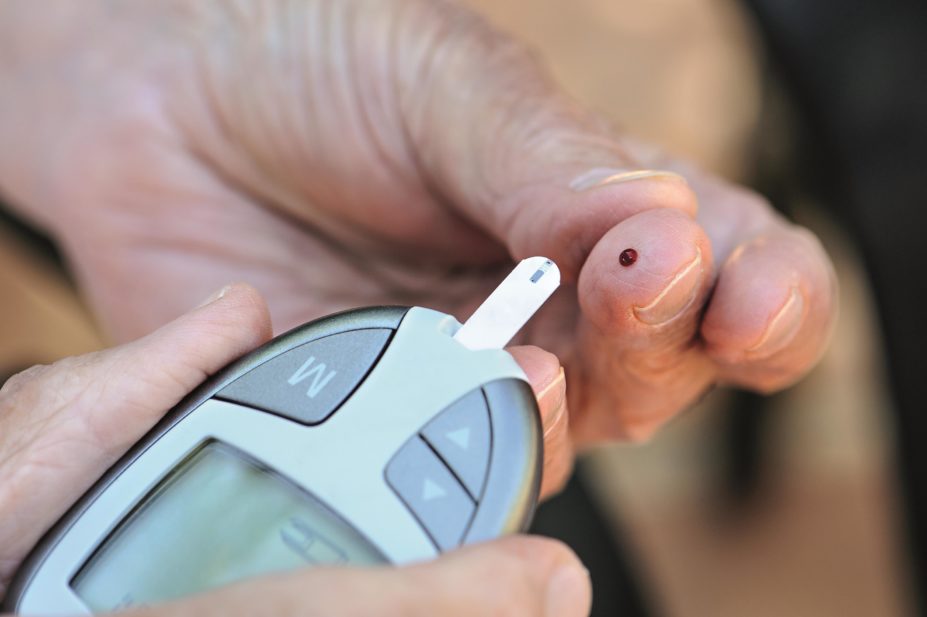
Shutterstock.com
There have been fears that antidiabetic incretin-based drugs increase the risk of heart failure. But studies of the drug class, which includes dipeptidyl peptidase 4 (DPP-4) inhibitors and glucagon-like peptide 1 (GLP-1) analogues, have produced inconsistent results.
Researchers analysed data on nearly 1.5 million patients with diabetes from North America and the UK. They found that patients who received incretin-based drugs were no more likely to be hospitalised for heart failure than those receiving oral antidiabetic drug combinations. This was true in patients both with and without a history of heart failure, as well as for DPP-4 inhibitors and GLP-1 analogues.
Reporting in The
New England Journal of Medicine (online, 24 March 2016)[1]
, the researchers note that in previous trials examining a possible link, heart failure incidence was a secondary outcome and sample sizes may not have been sufficient.
References
[1] Filion KB, Azoulay L, Platt RW et al. A multicenter observational study of incretin-based drugs and heart failure. New England Journal of Medicine 2016;374:1145–1154. doi: 10.1056/NEJMoa1506115


